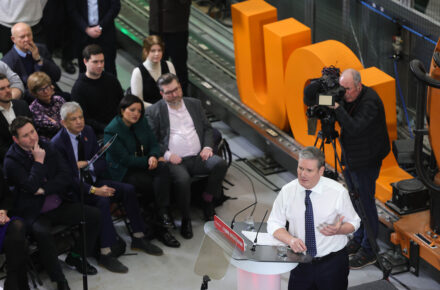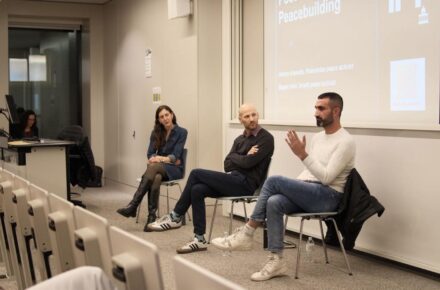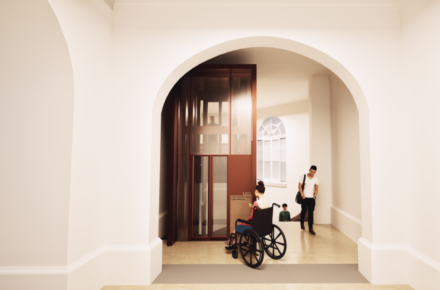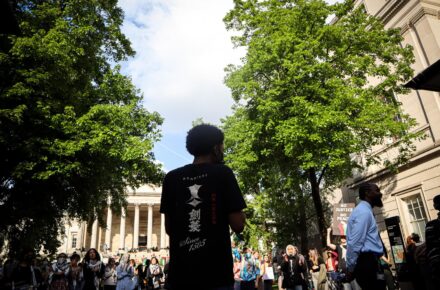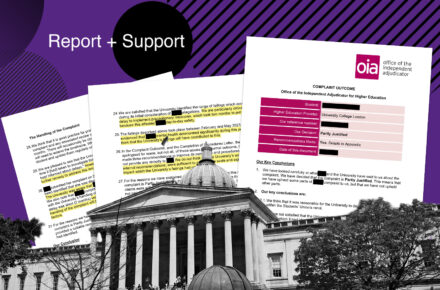Summer 2019 marked the second year in which UCL conducted Late Summer Assessments (LSAs) – the stated aim of them being “…to improve the student experience and better align UCL with the rest of the UK Higher Education sector.” However, it appears that when it comes to student experience of taking the LSAs, a lot remains to be desired for a number of candidates.
Cheese Grater spoke to several students about their experiences of the LSAs and the impact these had on the start of their academic year. According to UCL’s staff LSA schedule, after the final exams on the 6th September, the deadline for provisional undergraduate marks to be entered into Portico was the 13th September.
One Biomedical Science undergraduate told us that she was assured this would give confirmation that students had at least passed their exams, allowing them to re-enrol for the current academic year. However, the official results weren’t published until after 4th October, and students described difficulties in confirming that they were allowed to continue to their degree. After the 13th September deadline passed and confirmation did not materialise, the Biomedical Science undergraduate was compelled to attend lectures for two weeks before her official results came through. This inability to enrol created difficulties in module registration for the students interviewed by the Cheese Grater Magazine.
For one Social Sciences and Quantitative Methods student, six of his modules were not confirmed by his department until three weeks into term. He described the experience as “not being ideal” and placing him at a disadvantage in his studies, as he was unable to access his readings or change his modules.
Another consequence of the uncertainty surrounding the LSA results has been the emotional impact on students. All of the students we spoke to were obliged to delay their exams due to urgent physical or mental health difficulties. “The grounds for getting extenuating circumstances are already… a stressor on your life”, one international history student told us, “The retakes seem to punish you a little bit for that.” In particular, committing to a contract for accommodation whilst uncertain of student status was especially troubling.
We also heard of instances where this delay led to subsequent delays in student finance. These experiences reflect a deeper concern about issues in communications at UCL, both within faculties and with students. Our interviewees reported confusion about the appropriate point of contact for information about their results and student status. One department tutor offered conflicting advice to different students whilst other department tutors were not reachable at all.
Where students were able to contact someone in their department, most reported them to be helpful in attempting to find answers, only to find out the exam board had none to give.
Similarly, all reported positive experiences when applying for deferral and extenuating circumstances, but at least one found their access arrangements had not been applied to the LSA timetable. These issues presented more difficulties for international students. “…I had the means to travel back and forth” one Montreal resident told us “But it obviously would have been better if the exams had taken place later, closer to term…or at the end of June.” She also shared her frustration at how being forced to return to London significantly limited the time she could spend with her family, requiring her to find accommodation for the additional six weeks before term.
At present, the only provision made for students from overseas is if they are unable to reach UCL due to visa expiration. It remains to be seen whether or not these problems will be remedied for the coming academic year. UCL’s LSA period is scheduled to finish later this year than previously.
Cheese Grater has reached out to the UCL exams office for comment.
Matthew Power and Kiran Pannu


